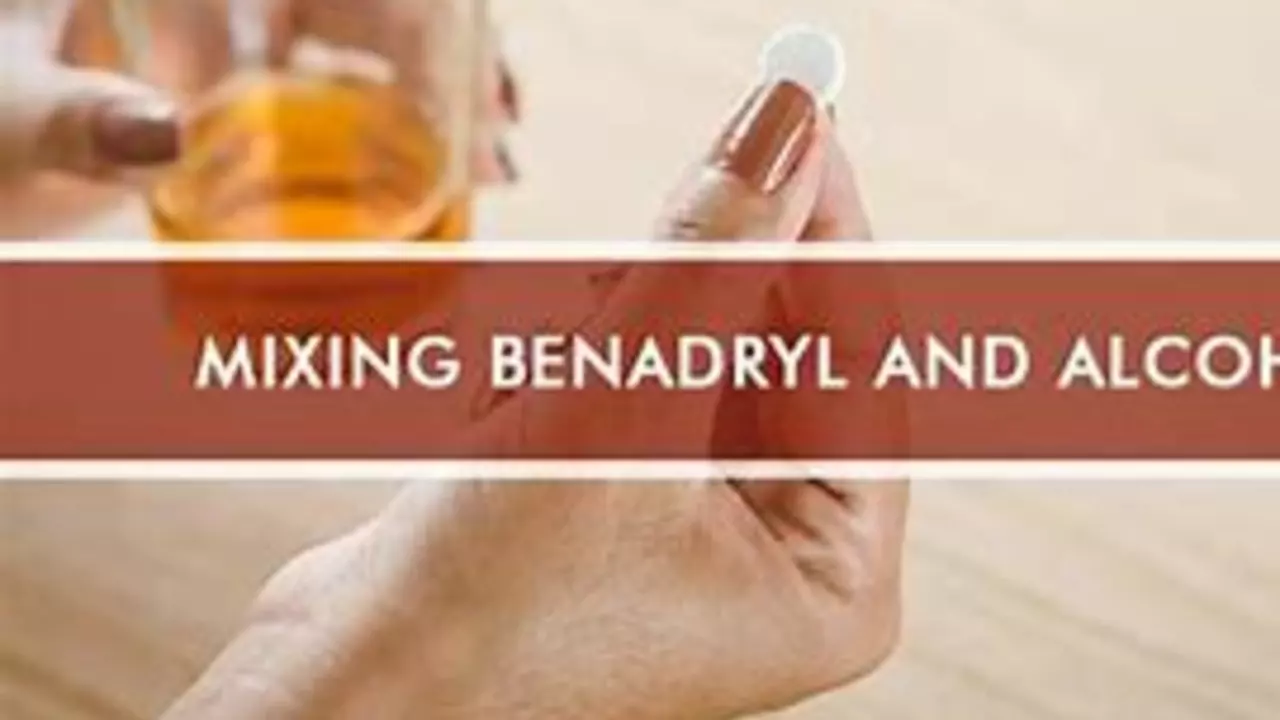Alcohol and Medications: How to Avoid Dangerous Mixes
Mixing alcohol with medicine isn't just a bad decision—sometimes it's dangerous. Some combinations cause mild drowsiness, others spark severe nausea, fast heart rate, breathing trouble, or liver damage. This page gives plain, practical rules you can use right away.
Quick rules to follow
1) Always read the label and warnings on your medicine. If it says “avoid alcohol,” take it seriously.
2) If you’re on antibiotics like metronidazole (Flagyl), do not drink while taking it and for at least 48 hours after finishing the course. Alcohol plus metronidazole can cause flushing, nausea, vomiting, and a racing pulse.
3) Don’t mix alcohol with opioids, benzodiazepines, sleeping pills, or strong painkillers. Those combos can slow breathing and cause dangerous sedation.
4) Watch your liver. Heavy drinking plus acetaminophen or certain statins raises the risk of liver problems. If you drink regularly, tell your doctor before starting these drugs.
5) If you take blood thinners like warfarin, ask your provider about alcohol. Drinking can change how these drugs work and alter bleeding risk.
What to watch for and when to get help
Some reactions happen fast: severe nausea, intense flushing, lightheadedness, fast or irregular heartbeat, trouble breathing, or fainting. If any of these occur after mixing alcohol with medicine, call emergency services or go to the nearest ER.
Other signs are slower: new or worsening sleep problems, mood changes, increased seizures, or persistent stomach pain. Contact your doctor if you notice anything new after drinking while on medication.
Practical tips: plan ahead. If you know you'll be drinking, check your meds and timing. Skip alcohol on treatment days when the label warns against it. For short courses of risky drugs, wait the recommended hours after your last dose before drinking.
Ask questions. Pharmacists are a great resource—quickly call or stop by the pharmacy and ask if your prescriptions interact with alcohol or over-the-counter drugs you use.
Keep a list of your current medicines (including supplements) on your phone. If you need urgent care, having that list makes it easier for providers to spot dangerous mixes fast.
Finally, think about why you’re drinking. Alcohol can make some conditions—like high blood pressure, heart failure, and epilepsy—harder to control. Cutting back or avoiding alcohol while on treatment often improves results.
Want more details? We have guides on specific meds like Flagyl (metronidazole), statins, and drugs for blood pressure and asthma that explain exact risks and timing. Check the related articles on this site for clear next steps tailored to the medicine you take.

Atenolol and Alcohol: A Dangerous Combination?
In my latest blog post, I've explored the potentially hazardous mix of Atenolol and alcohol. Atenolol, a beta-blocker used to treat heart conditions, can have its effects heightened by alcohol, leading to dangerously low blood pressure or slow heart rate. Consuming alcohol while on this medication can also increase the likelihood of side effects such as dizziness and drowsiness. It's clear that it's best to avoid alcohol when taking Atenolol. Always consult your doctor for personalized advice regarding medication and alcohol consumption.
